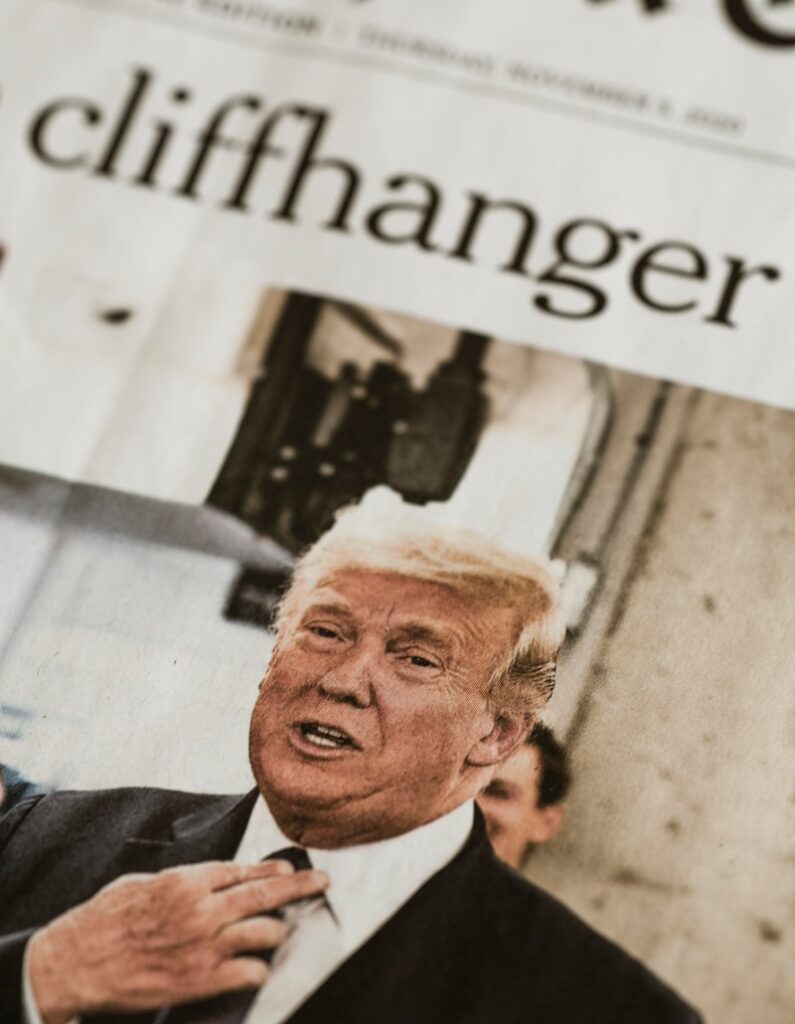
EU–US Agreement: Humiliation, or Art of the Deal?
BY
FOR / December 22, 2025
‘Liberation Day’ marked a real threat to the world, as it risked sparking a global trade war. On 2 April, Donald Trump announced the largest tariff hike since the Smoot–Hawley Tariff Act, 1930. This move reflected Trump’s views on international trade and the global economy: He sees trade as a zero-sum game that the US is losing, and, to him, tariffs are a way to help the American economy and public finances.






![Trumping Democracy with Samuel Issacharoff [PODCAST] Trumping Democracy with Samuel Issacharoff [PODCAST]](https://4liberty.eu/phidroav/2025/10/LEP_Samuel-Issacharoff_square-1024x1024.png)
![Trump’s Gambit with Piotr Buras [PODCAST] Trump’s Gambit with Piotr Buras [PODCAST]](https://4liberty.eu/phidroav/2025/08/Liberal-Europe-Podcast-2024-39-1024x1024.png)


![Trump’s Impact on Europe and Elections in Poland with Andrzej Bobinski [PODCAST] Trump’s Impact on Europe and Elections in Poland with Andrzej Bobinski [PODCAST]](https://4liberty.eu/phidroav/2025/03/LEP_Andrzej-Bobinski_square-1024x1024.png)
